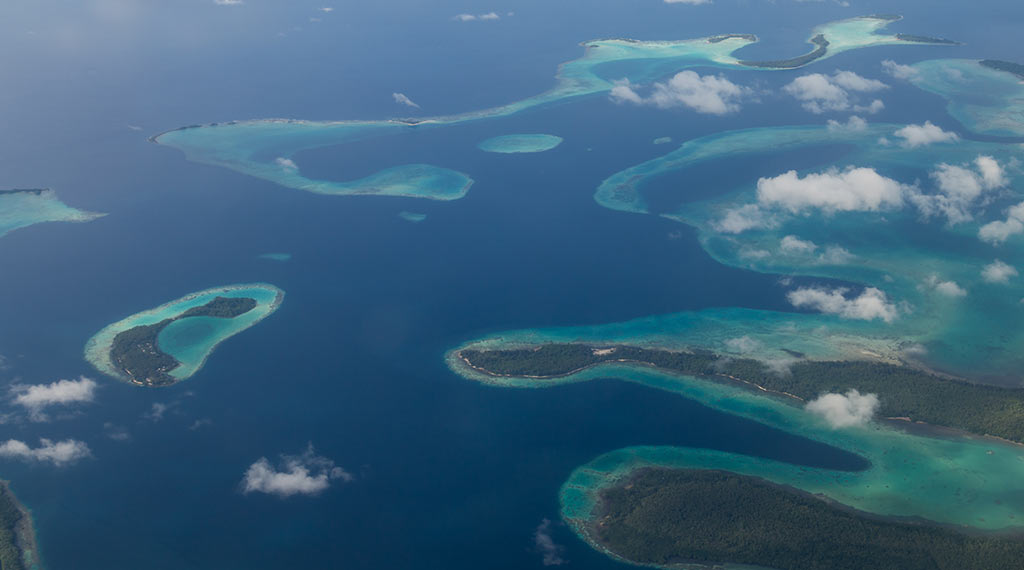Why China’s Solomon Islands security deal is just the start

Editor’s Note: Center Senior Fellow Grant Newsham was quoted in this piece by the Australian Financial Review
“China’s political warfare effort starts with a commercial presence with Chinese people on the ground which translates into political influence [over time] and the investments and financial involvement gets bigger. Along with that comes corruption and that is the thing that really juices Chinese influence,” says Grant Newsham, a Senior Research Fellow at the Japan Forum for Strategic Studies.
“In the context of China’s intention to drive the United States out of the region and to dominate Asia, this is a big step. Now they have done it and the gloves are off, and they have pretty much told the Americans to F-off. And the Australians too. ”
China will control crucial shipping lanes
Newsham, a retired US Marine Corps colonel, told AFR Weekend, that a presence in the Solomons would give China control over the same crucial shipping lanes that Japan wanted during World War II. It would also affect communications routes as well as sea lanes.
“You are in a position to interdict lines of communication, transport etc from Australia up into Asia and to the Americas. Plus it means they have leapfrogged the first island chain, America’s defence line. You establish a permanent naval fleet and gradually build it up and start sailing around the region like the Americans have been doing for years,” he says.
China’s position is naturally different. It denies aspirations to build a naval base and says the agreement will allow it to protect its investments and citizens on the Solomons who came under attack last November during riots which were triggered, ironically, by anger about Beijing’s creeping influence.
“It will not target any third party, and will not replace the existing bilateral and multilateral cooperation and security cooperation mechanism. I don’t understand how this poses a serious risk to the US side?” a Chinese Foreign Ministry spokesman said this week.
“Does the US regard the Pacific Island country as an independent sovereign country, or as its appendage? Is it to develop equal relations with the island nation, or seek to control the island nation?
Few in the West are buying this line. China has a history of blurring the truth when it comes to militarising artificial islands in the South China Sea. China in 2018 dismissed media reports it had been talking to Vanuatu about building a military base there as “ridiculous”.
Until recently, China’s attempts to extend its influence globally and challenge US dominance have focused on the economic rather than security arena. More than a hundred countries have signed up to Xi’s signature Belt and Road Initiative which has seen China lending billions of dollars for ports, roads, railways and other projects.
In the Pacific, China has been ploughing money into development assistance, disaster relief and efforts to counter COVID-19. Tonga, Vanuatu and Papua New Guinea have been the more recent recipients.
Lowy Institute data shows China’s aid to the region surged by 25 per cent to almost $US2.9 billion in 2018, before declining 15 per cent to $US2.44 billion in 2019.
’This is just the beginning’
- Why China’s Solomon Islands security deal is just the start - April 22, 2022
